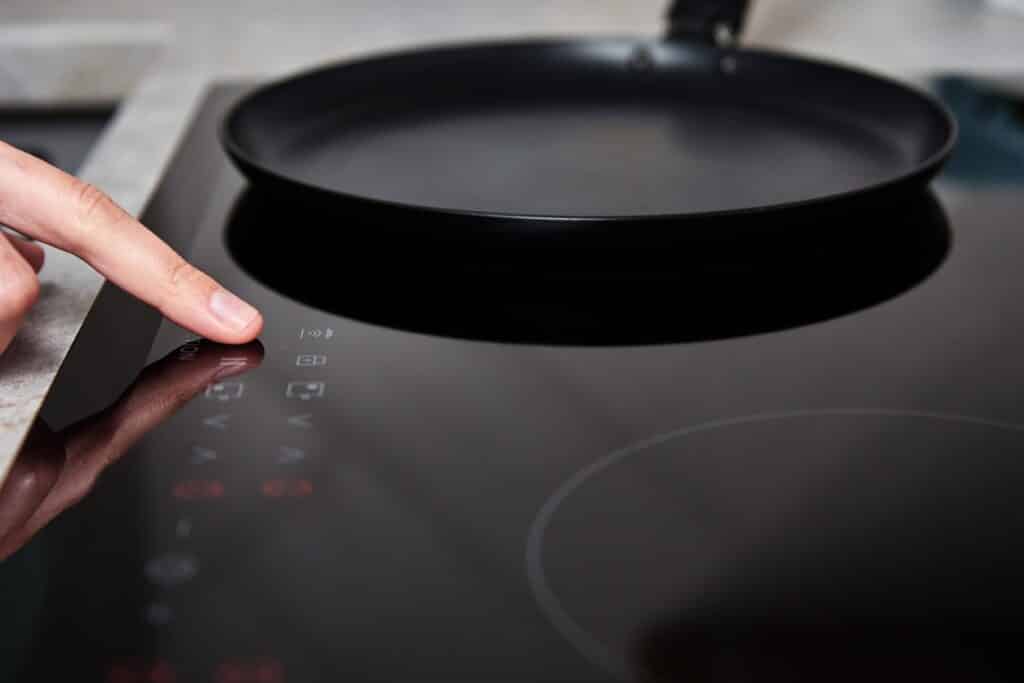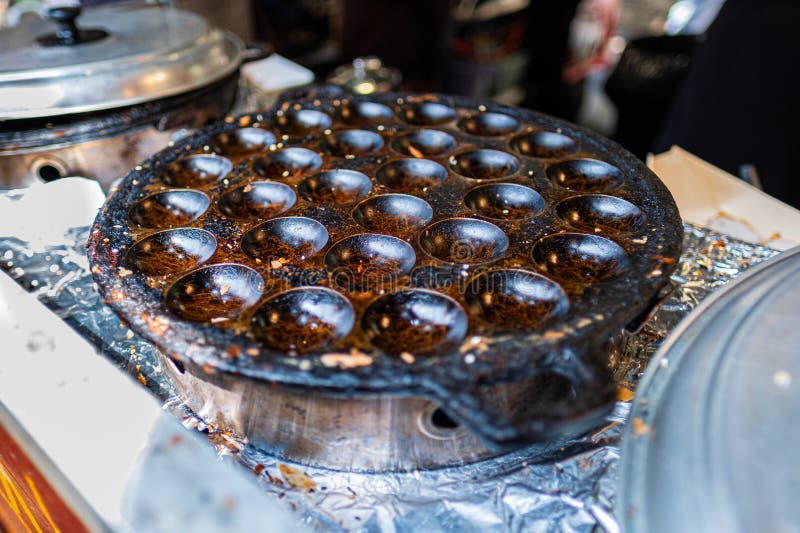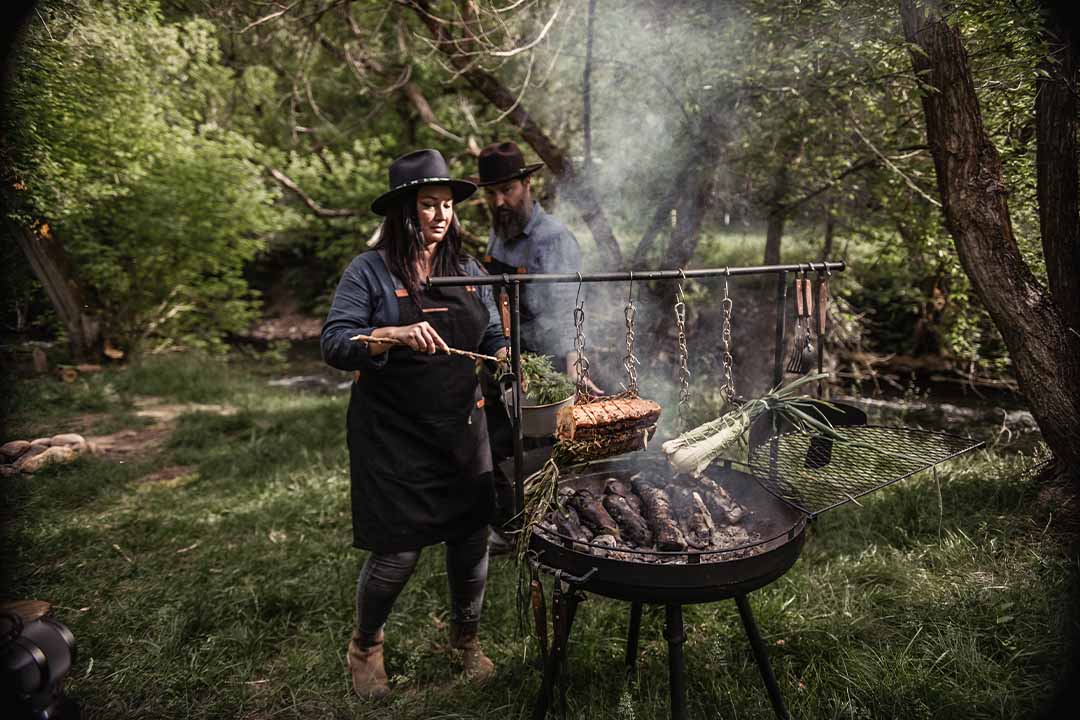For many kitchen professionals, the allure of a cast iron tea kettle on induction cooktops is undeniable. The unique combination of traditional cast iron with modern induction technology offers a perfect fusion of efficiency and timelessness. But how exactly do these two elements work together, and what should kitchen professionals keep in mind when utilizing them?

The Charm of Cast Iron in Modern Kitchens
Cast iron has been a staple in kitchens for centuries, known for its durability and even heat distribution. When paired with an induction cooktop, it brings a whole new level of precision and speed to the art of boiling water or brewing tea. The magnetic properties of cast iron make it an ideal candidate for induction cooking, as induction relies on creating a magnetic field to generate heat.
When using a cast iron tea kettle on induction, professionals appreciate the kettle's ability to retain heat longer than other materials, ensuring a consistent brew every time. This feature is particularly valuable for tea sommeliers and chefs who rely on precise temperatures to unlock the full flavor of their teas.
How Does Induction Work with Cast Iron?
Induction cooking works by using electromagnetic fields to transfer heat directly to the cookware. This method is not only energy-efficient but also provides rapid temperature adjustments, something kitchen professionals highly value. The experts at Tom's Guide explain that since cast iron is inherently magnetic, it works seamlessly with induction cooktops.
For those new to induction cooking, understanding the nuances of how it interacts with different materials is crucial. Unlike traditional gas or electric ranges, induction requires specific types of cookware. Induction cooking and cast iron are a match made in kitchen heaven, providing both efficiency and effectiveness.
Advantages of Using Cast Iron Tea Kettles on Induction
One of the main advantages of using a cast iron tea kettle on induction is the speed at which it heats up. Induction cooktops can bring water to a boil much faster than traditional methods, saving valuable time in a professional kitchen environment. Additionally, the even heat distribution of cast iron ensures that every part of the kettle heats uniformly, preventing any hotspots.
Another benefit is the energy efficiency. Induction cooking uses less energy compared to electric or gas stoves, which is not only cost-effective but also more environmentally friendly. For more insights on how cast iron can be utilized across various cooking methods, visit the Culina Cooks blog.

Care and Maintenance Tips for Cast Iron Kettles
Maintaining a cast iron tea kettle is crucial to ensure its longevity and performance. Regular seasoning is essential to protect the iron from rust and to enhance its natural non-stick properties. After each use, it's advisable to thoroughly dry the kettle and apply a light coating of oil.
Kitchen professionals should also be mindful of the temperature settings. While cast iron can handle high temperatures, sudden changes from high to low can cause the material to crack. For more on how to care for cast iron across different uses, check out this resource.
Conclusion
Using a cast iron tea kettle on induction cooktops offers numerous advantages for kitchen professionals, from speed and efficiency to the timeless appeal of cast iron. By understanding the interaction between these two elements and following proper maintenance tips, chefs and tea experts can greatly enhance their culinary creations. For further exploration of the benefits of cast iron in various kitchen settings, explore this holiday meals guide.
FAQs
Can I use all types of cast iron kettles on an induction cooktop?
Yes, as long as the cast iron is magnetic, it will work on an induction cooktop. Most traditional cast iron kettles are compatible.
Do cast iron tea kettles work better than other materials for induction?
Cast iron kettles are highly efficient for induction due to their magnetic properties and heat retention capabilities, often outperforming other materials.
How do I prevent my cast iron kettle from rusting?
To prevent rust, ensure your kettle is thoroughly dried after each use and apply a thin layer of oil to maintain its seasoning.






Leave a comment
This site is protected by hCaptcha and the hCaptcha Privacy Policy and Terms of Service apply.